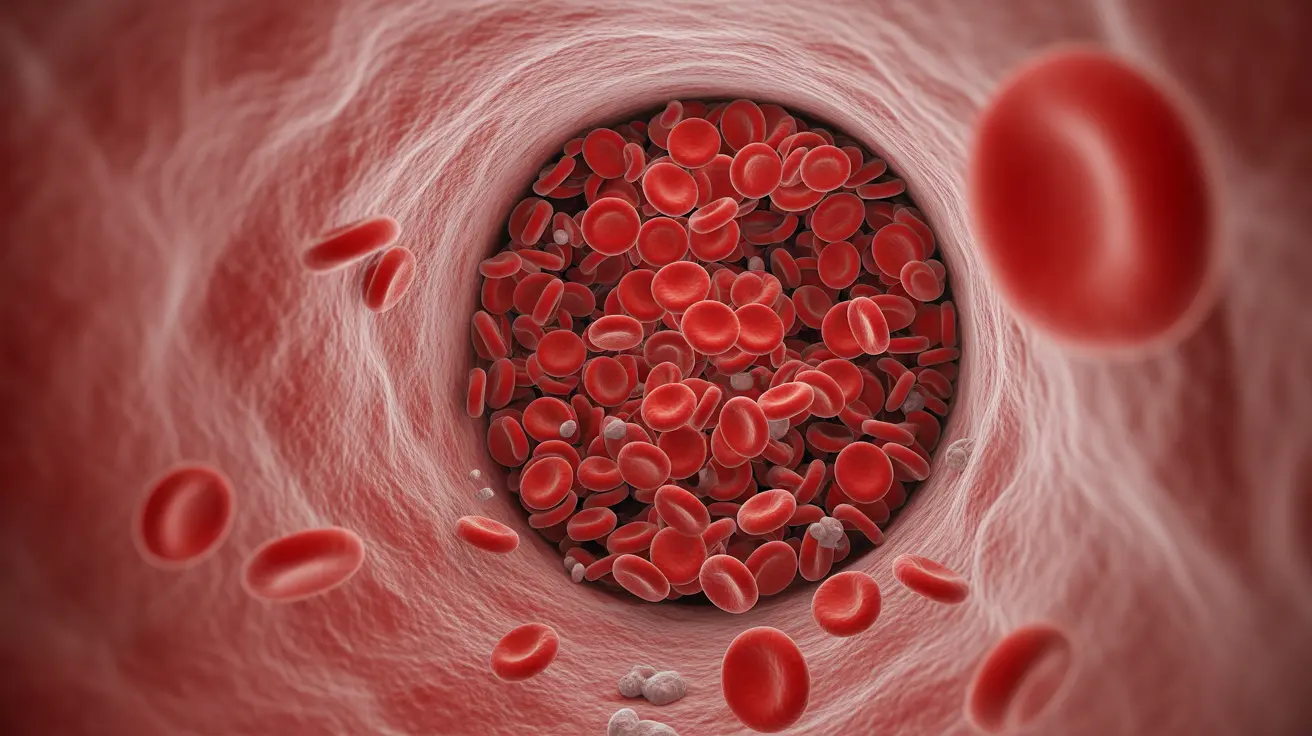Polycythemia vera (PV) is a rare blood disorder where your body produces too many red blood cells, potentially leading to serious health complications if left untreated. Understanding the symptoms of this condition is crucial for early detection and proper management. This comprehensive guide explores the key warning signs, complications, and treatment approaches for polycythemia vera.
Understanding Polycythemia Vera and Its Impact
Polycythemia vera develops when your bone marrow produces excessive red blood cells, making your blood thicker than normal. This increased blood thickness can affect circulation throughout your body and lead to various symptoms and health risks. Recognizing these signs early can help ensure timely medical intervention and better outcomes.
Common Signs and Symptoms
Visual and Skin-Related Symptoms
Many people with polycythemia vera first notice changes in their appearance and skin condition. These typically include:
- Redness in the face, hands, and feet
- Bluish skin coloration (particularly in the lips and fingertips)
- Unusual skin itching, especially after warm showers
- Bruising easily
Circulatory and General Symptoms
The thickened blood in PV can cause various physical symptoms that affect daily life:
- Headaches and dizziness
- Vision problems or blurred vision
- Weakness or fatigue
- Shortness of breath
- Night sweats
- Unexpected weight loss
Understanding Blood Clot Risks
One of the most serious complications of polycythemia vera is the increased risk of blood clots. These can develop in various parts of the body and may cause:
- Deep vein thrombosis
- Pulmonary embolism
- Stroke
- Heart attack
Diagnostic Process
Diagnosis of polycythemia vera typically involves several steps:
- Complete blood count (CBC) testing
- Bone marrow biopsy
- Genetic testing for the JAK2 mutation
- Physical examination and medical history review
Treatment Approaches
Treatment for polycythemia vera focuses on reducing blood thickness and managing symptoms. Common approaches include:
- Regular phlebotomy (blood removal)
- Medication to reduce blood cell production
- Aspirin therapy for blood clot prevention
- Lifestyle modifications
- Regular medical monitoring
Frequently Asked Questions
What are the common symptoms of polycythemia vera that I should watch for?
The most common symptoms include facial redness, itching after warm showers, headaches, dizziness, fatigue, and shortness of breath. You may also experience night sweats and unexplained weight loss. Any combination of these symptoms warrants medical attention.
How does polycythemia vera cause itching and redness of the skin?
The increased number of red blood cells causes blood vessels to dilate and become more visible, leading to skin redness. The itching (pruritus) is typically caused by the release of histamine and other chemical mediators from increased numbers of white blood cells and platelets, particularly after exposure to warm water.
What are the risks of blood clots and bleeding in polycythemia vera patients?
Thickened blood in PV patients significantly increases the risk of blood clots, which can lead to serious complications like deep vein thrombosis, stroke, or heart attack. Paradoxically, patients may also experience bleeding problems due to abnormal platelet function.
How is polycythemia vera diagnosed based on symptoms and tests?
Diagnosis involves blood tests to check cell counts, bone marrow biopsy to examine cell production, and genetic testing for the JAK2 mutation. Doctors also consider symptoms and medical history in making a diagnosis.
What treatments are available to manage the symptoms and complications of polycythemia vera?
Treatment options include regular phlebotomy to remove excess blood cells, medications like hydroxyurea to slow blood cell production, low-dose aspirin to prevent clots, and targeted therapies for specific symptoms. Regular monitoring and lifestyle modifications are also important components of treatment.




